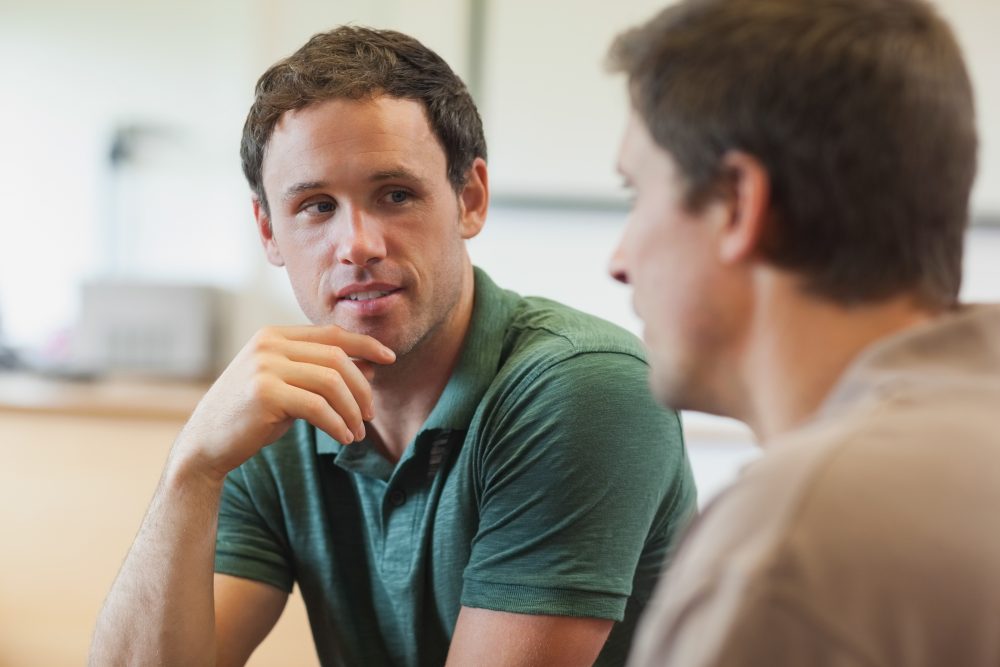Inclusive Language: Self-Awareness, Understanding, and Learning from your Mistakes
Language matters. The word choices we make daily can influence our relationships with our family and friends. You should be aware of the word choices you make and feel confident in how those choices represent your character. How we represent our character is important in terms of the brand we depict to the world. Perhaps when addressing a crowd, you may introduce the talk with , “Ladies and gentlemen”, but unless you are aware of each person’s gender identity, you take a risk, when addressing the group in this way. Language matters and we show the best parts of ourselves when we use inclusive language. Here are three recommendations for using inclusive language.

Understand Positionality
I am a married, Caribbean woman, with a Masters degree, living in the suburbs with no children. My views are a direct result from my identities. My identity as a married women may influence how I think about relationships just as my identity as an educated person may influence how I think about how intelligence is measured. My identities do not have to prevent me from seeing another person’s perspective; rather, they can help me to encourage understanding of our differences. I should know myself and my positionality and this will help me in using the best language for my peers.
Understand Your Peers’ Identities
Not only should I know myself, I should know things about my peers. If my friends are single, American, and poor, I should keep those things in mind when I speak to them. I may say something insensitive if I talk about my Masters degree in ways that are discouraging to my friends.
Have a Willingness to Learn
We all make mistakes and that is fine so long as we are willing to correct them. If I do say something insensitive, what am I doing to learn better for the future? You may consider a person with a Masters degree to be smart, but that person could always learn more. You may risk maintaining your relationships if you are not willing to make changes if you offend your friends.
Family Restoration Counseling Services is committed to helping you understand self and how that influences how you interact with the world. Understand self can be a challenge and our counselors will be able to help you facilitate that process. Please feel free to contact us and we will take this self-awareness journey together.
Sources:
Adichie, Chimamanda (2009, July). The Danger of a Single Story. TED Global Conferences. Retrieved from www.TED.com
Gadsby, M. (2006). Sucking Salt: Caribbean Women Writers, Migration, and Survival. Columbia, MO: University of Missouri Press.
Hooks, B. (1989). Talking Back: Thinking Feminist, Thinking Black. Boston, MA. South End Press.
Ladson-Billings, G. (1998). Just What is Critical Race Theory and What’s it Doing in a Nice Field Like Education? International Journal of Qualitative Studies in Education. 11 (1) 7-24.
Weber, L. (2010). Understanding race, class, gender, and sexuality: A conceptual framework. New York: Oxford University Press.
